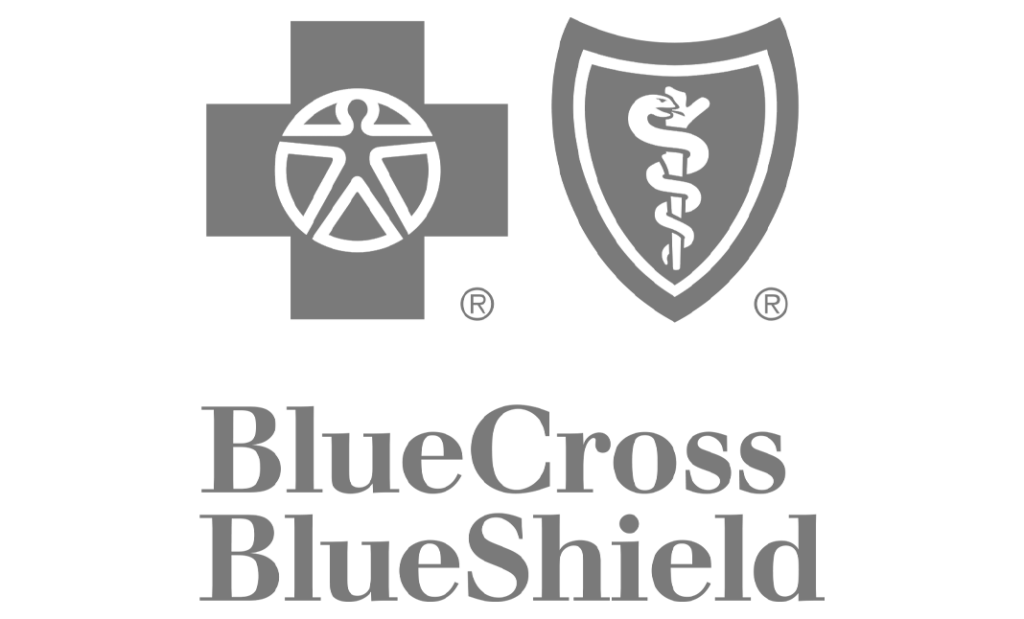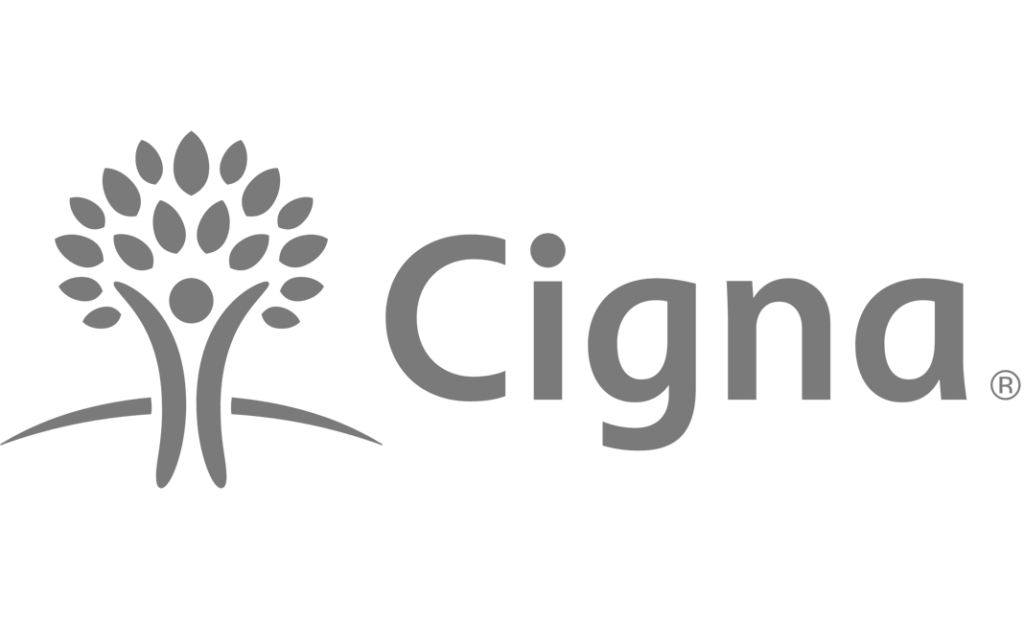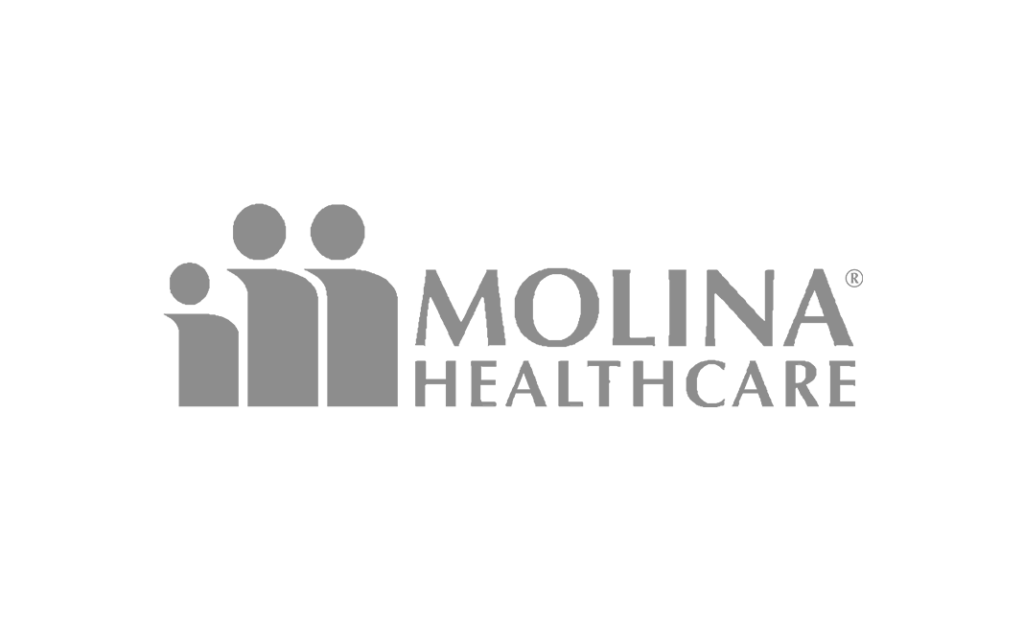Picture yourself waking up to a new day, free from the weight of addiction. You have clarity of vision and a renewed sense of purpose – this is what long-term recovery looks like. But how do you get there? In an ideal world, everyone would be able to spend as much time as they need in treatment. Unfortunately, many people are unable to commit more than 90 days due to personal or financial constraints. The good news? Research shows that 90-day rehab programs can be incredibly effective for achieving long-term recovery.
What are 90 Day Rehab Programs?
90 day rehab programs are inpatient treatment programs that last for 90 days. During this time, patients receive around-the-clock care and treatment for their addiction. This intensive approach is often necessary for those with a severe addiction or those who have relapsed multiple times.
For many people struggling with addiction, 90 days may seem like a long time. But in reality, it’s not nearly enough time to fully recover from such a complex disease. That’s why most 90 day rehab programs are followed by some form of aftercare, such as outpatient therapy or sober living facilities.
But what makes 90 day rehab programs so effective? There are a few key factors:
Intensive Treatment: As mentioned above, one of the main advantages of 90 day rehab programs is the intensity of the treatment. Addicts are given around-the-clock care and attention, which helps to break the cycle of addiction and begin the journey to recovery.
Structure and Support: Another benefit of 90 day rehab programs is the structure and support they provide. These programs typically follow a very strict schedule, which can help patients stay on track with their recovery. They also offer support from therapists, counselors, and other professionals who can help patients through difficult times.
Time to Heal: Perhaps most importantly, 90 day rehab programs give addicts the time they need to heal physically and emotionally from their addiction. Addiction takes a toll on both the body.
Benefits of Long Term Treatment
When it comes to drug and alcohol addiction, there is no one-size-fits-all solution. What works for one person may not work for another. However, research has shown that long-term treatment programs are often the most effective option for those struggling with addiction.
There are many benefits to long-term treatment, including:
Increased Likelihood of Success
Those who commit to long-term treatment are more likely to succeed in their recovery than those who do not. This is because they have made a commitment to themselves and their recovery, and they are more likely to stick with it.
More Time to Work on Issues
Long-term treatment provides more time to work on the underlying issues that led to addiction in the first place. This is essential for lasting recovery.
Improved Physical Health
Long-term treatment can help improve physical health, as well as mental and emotional health. This is because it gives people the time they need to heal from the physical effects of addiction.
Stronger Support System
Those in long-term treatment programs build strong relationships with both staff and other residents. These relationships provide a supportive network that can be vital during recovery.
Therapy Options in a 90 Day Program
There are many different types of therapy that can be beneficial for those in a day rehab program. These therapies can help individuals learn new skills, cope with stress, and work through difficult emotions. Some common types of therapy that may be offered in a day rehab program include cognitive-behavioral therapy, group therapy, and individual counseling.
Cognitive-behavioral therapy (CBT) is a type of therapy that helps individuals to identify and change negative thoughts and behaviors. CBT can be used to teach new coping skills and help individuals manage their stress in a more positive way.
Group therapy is another type of therapy that can be beneficial for those in day rehab. Group therapy provides a supportive environment where individuals can share their experiences and feelings with others who are going through similar situations. Group therapy can also help to build new social support networks.
Individual counseling is another option that may be available in a day rehab program. Individual counseling provides an opportunity for individuals to meet with a therapist one-on-one to discuss their unique situation and recover in a more personalized way.
Aftercare Resources That Promote Long Term Recovery
Day rehab programs provide structure and support that promote long-term recovery. Aftercare resources such as 12-step programs, sober living homes, and alumni groups can help people maintain sobriety and avoid relapse.
12-step programs like Alcoholics Anonymous (AA) and Narcotics Anonymous (NA) offer peer support and a sense of community. Sober living homes provide a safe and supportive environment for people in early recovery. Alumni groups offer ongoing support and networking opportunities.
Day rehab programs give people the tools they need to recover from addiction. Aftercare resources like 12-step programs, sober living homes, and alumni groups can help them maintain sobriety and avoid relapse.
Defining Wellness Centers 90 Day Rehab Programs
90-day rehab programs are a great way for individuals to start their journey of long-term recovery. These programs offer plenty of benefits such as increased structure and support from peers, more comprehensive treatment plans that take into account individual needs and circumstances, and an improved chance of a successful recovery in the long term. By taking part in one of our rehab programs, you can take control over your health and unlock the potential for a better life.





















